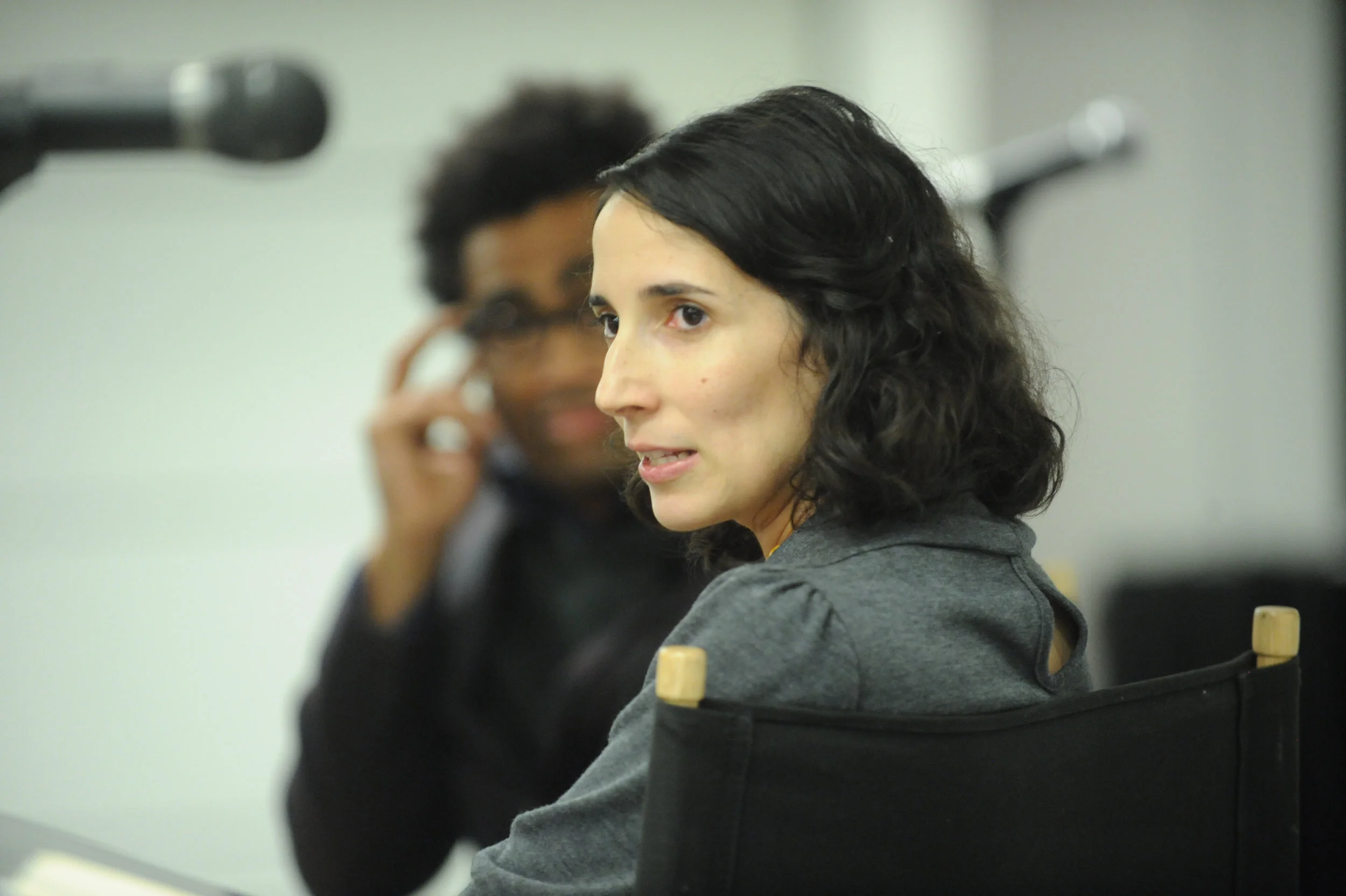I am the daughter of immigrants, and I grew up well aware of the pain that comes with leaving one’s country behind and how it can engender a sort of double-life that dwells in the imagination, wondering what life would have been like if one had stayed. There is no undoing of that trauma of loss, even when there is much to be gained by the sacrifice and arrival at the idea of “a better life.” Immigration is an act of tremendous courage, but it can also be one of devastating consequences.
A Black Belt in Words, Ivelisse Rodriguez Interviews Jose B. Gonzalez
In the case of El Salvador, an estimated 75,000 people were killed in a twelve-year period, so there was no way of getting away from that violence. Such experiences colored survivors’ worlds by making them somewhat numb to the brutality—poetry helps me capture that dichotomy. After all, how can we use rational terms to explain the brutality of war? How do we explain that life goes on other than by providing images of children playing in the backdrop of cadavers? The answer for me is in poetry.
The Eyes Have It
I spent a month and a half this past summer down in Oxford, Mississippi photographing in different landscapes. And one of the landscapes I ended up photographing was Rowan Oak, which is the William Faulkner estate. And a woman of color, Caroline “Callie” Barr Clark, took care of Faulkner and his family for many generations and had a cabin back behind Rowan Oak. There was the big house and then her cabin. And I was permitted to have models and light and to go into her cabin and shoot and work all over the Faulkner property and bring a new narrative, literally, to that story of Faulkner, Oxford, Ole Miss and all of that.








